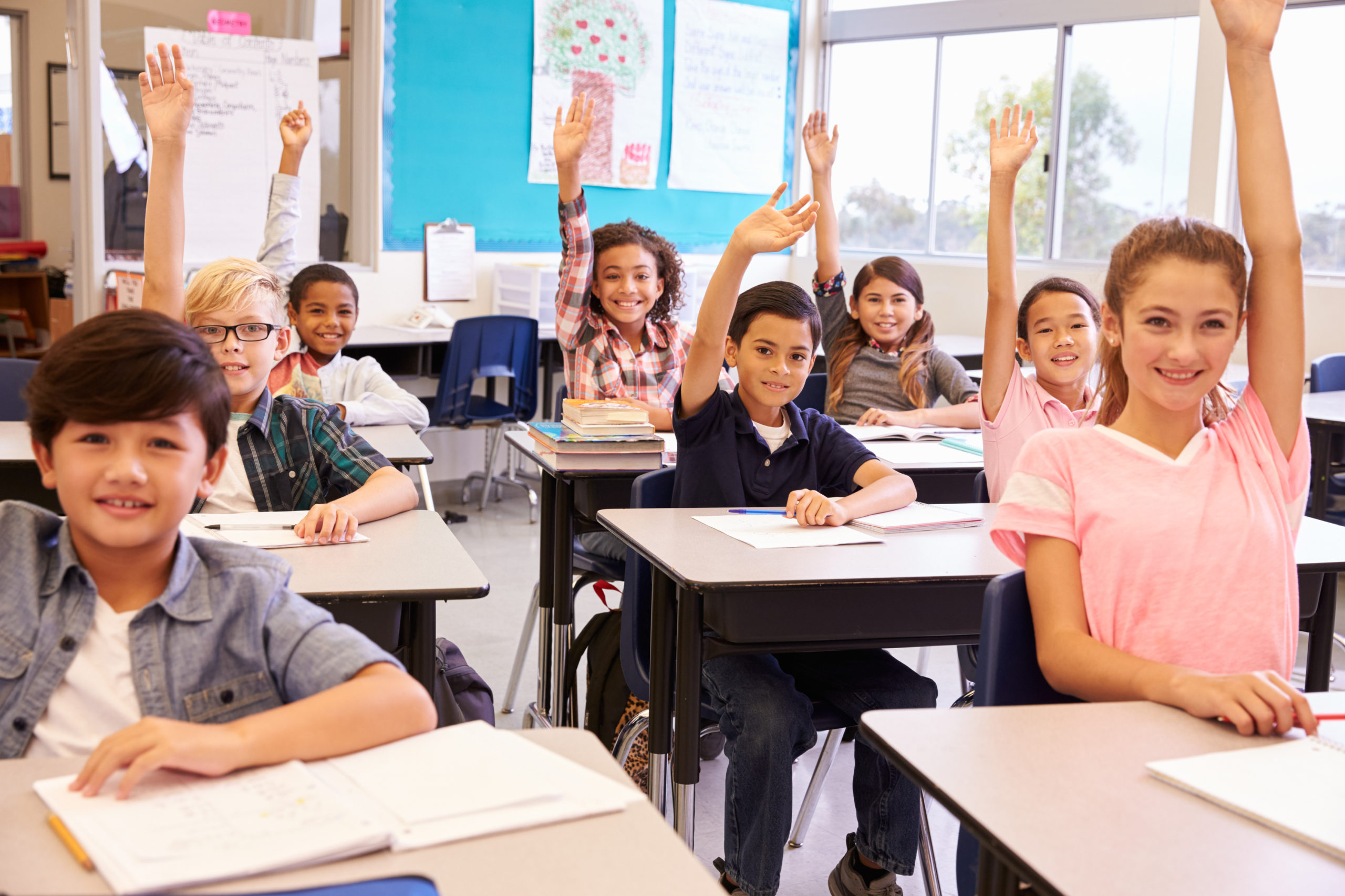The Effect of School Environments on Academic Success and Personal Well-Being
The college atmosphere dramatically affects both scholastic success and individual well-being, incorporating aspects such as physical format, class atmosphere, and interpersonal characteristics. The style of instructional areas, including all-natural lights and ergonomic furniture, can enhance trainees' concentration and convenience. The quality of teacher-student partnerships and the nature of peer interactions play essential roles in promoting an environment conducive to discovering and psychological assistance. Understanding exactly how these numerous variables interplay to shape trainee end results raises crucial questions concerning optimizing educational settings for holistic development. Exactly how can colleges strategically improve these elements to better sustain their pupils?
Physical Layout and Design
Just how does the physical layout and design of an institution effect academic success? The plan and visual of a school atmosphere can significantly influence pupils' learning end results. A properly designed institution layout advertises ease of movement, decreases distractions, and cultivates a feeling of security and belonging. Wide hallways and clearly marked locations help with smooth changes in between classes, minimizing lateness and disturbance. In addition, purposefully put typical areas encourage social interactions, which are crucial for psychological and social growth.
All-natural illumination and efficient ventilation systems are crucial in improving cognitive function and minimizing absenteeism. Studies have revealed that class with sufficient all-natural light improve student concentration and reduce sensations of sleepiness. Ergonomic furnishings customized to trainees' demands can stop physical pain, enabling for prolonged emphasis and engagement in academic tasks.
Access to outside spaces and cosmetically pleasing environments likewise play an essential function - Save Temecula Schools. Green areas and well-maintained institution grounds give chances for physical exercise and psychological relaxation, both of which are necessary for keeping high levels of scholastic efficiency. In essence, an attentively made physical environment can function as a stimulant for scholastic excellence, cultivating an atmosphere that sustains both training and knowing
Class Atmosphere
A setting that cultivates a feeling of safety and security, inclusivity, and shared regard urges students to engage more actively in their learning procedures. The ambiance of a classroom, including facets such as lighting, noise levels, and seating setups, can substantially influence student concentration and motivation.
Additionally, the class ambience must support a culture of cooperation and open communication. They are a lot more most likely to engage deeply with the product and create crucial assuming skills when students really feel comfy sharing their concepts and asking questions. Peer communications and group tasks can improve knowing by fostering and supplying varied perspectives synergy
Furthermore, establishing clear expectations and constant regimens can create a structured atmosphere that allows trainees to concentrate on their studies. By minimizing unpredictability and offering a foreseeable structure, trainees can better manage their time and duties. Ultimately, a favorable classroom atmosphere not just improves academic performance yet also adds to the overall well-being of students, preparing them for future instructional and get more individual endeavors.
Teacher-Student Relationships
Structure on the value of a favorable class environment, the relationships in between trainees and instructors play a pivotal duty fit scholastic success. A healthy teacher-student connection promotes a discovering atmosphere where trainees really feel valued, understood, and sustained, which significantly enhances their motivation and interaction. When trainees perceive their teachers as friendly and compassionate, they are more probable to get involved actively in course and look for aid when needed, adding to a much deeper understanding of the topic.

Reliable communication is vital to supporting these relationships. Teachers that utilize open, respectful, and regular communication create a structure of count on. This trust fund allows trainees to share their issues and concepts freely, promoting a collaborative knowing setting. Basically, strong teacher-student partnerships are a keystone of educational success, playing an important function in both scholastic achievement and individual development.
Peer Interactions
Peer interactions significantly affect scholastic success by shaping a pupil's social and cognitive advancement. Positive peer communications can boost a trainee's motivation and interaction in academic activities through collaborative learning and common support.

Efficient peer communications also contribute to the development of important life abilities, such as interaction, conflict, and cooperation resolution. These social competencies are important for both scholastic success and personal health, highlighting the significance of promoting favorable peer dynamics within the school atmosphere.
After-school Activities
Participating in after-school activities plays a critical function in a student's academic success and personal growth. These tasks, varying from sporting activities groups to discuss clubs, provide trainees chances to sharpen valuable skills such as management, time administration, and teamwork. Study regularly indicates that trainees who take part in after-school activities have a tendency to accomplish higher academic performance. This connection is commonly credited to the organized setting and the technique called for to stabilize both scholastic and extracurricular commitments.
In addition, extracurricular participation promotes a sense of belonging and neighborhood, which is essential for personal health. Joining team tasks allows students to build and reinforce social media networks, enhancing their social and emotional knowledge. These interactions are crucial for developing social abilities that are helpful in both future and academic professional environments.
In addition, extracurricular tasks supply a constructive outlet for pupils to explore their interests and enthusiasms past the basic curriculum. This exploration can bring about the discovery of brand-new abilities and possible job paths, further inspiring trainees to involve more deeply in their academic job. To conclude, the duty of after-school activities prolongs past mere leisure; they are essential to cultivating an alternative instructional experience that promotes both academic success and individual development.
Verdict
Attentively designed physical formats and classrooms, along with positive teacher-student relationships and constructive peer interactions, considerably boost student motivation and engagement. These elements jointly emphasize the importance of creating and maintaining optimal institution environments for the benefit of students' scholastic and personal growth.
Ultimately, a positive classroom atmosphere not only improves scholastic performance however likewise contributes to the general well-being of pupils, preparing them for future academic and personal undertakings.
